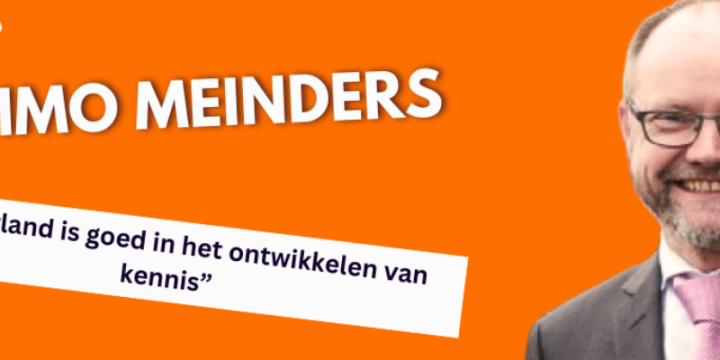Twenty years ago, Wil van der Aalst, then a professor at TU/e, laid the foundation for process mining. Meanwhile, smart data technology saves companies worldwide millions.
Around the turn of the century, more and more business processes stalled because of the tight way in which computer systems were implemented. "If something was automated at the time, a consultant was flown in, he was explained what the work looked like, the consultant made a model, which was put into a computer," says Boudewijn van Dongen, professor of process analytics at the Faculty of Mathematics and Computer Science at Eindhoven University of Technology.
Nine times out of ten, this resulted in a model that did not correspond to practice. "Out of the question of Wil [van der Aalst, ed.] "Let's say I keep track of what people do all day. Can we make a model of that?' In the end, a process mining technology emerged that is able to describe ninety percent how the processes within an organization work."
In 1998, Van Dongen joined the process analytics group; he was too late in arranging an internship and Van der Aalst was still looking for a computer scientist. Twenty years later, he is still in the same research group and took over as head of the research group from predecessor Van der Aalst.
Fascinated by process mining
Lotte Vugs also became fascinated by process mining during her studies at TU/e. "Instead of standing next to the factory tyre with a stopwatch, this technique allows you to get a complete picture of a process and map out the potential for improvement," she says from behind her computer screen. It is still early on the east coast of the United States, but her enthusiasm for data technology is easily felt. Vugs lives temporarily in Connecticut, where she helps a large multinational to roll out process mining worldwide.
Read more about the insights of Boudewijn van Dongen and Lotte Vugs on Innovation origins.





